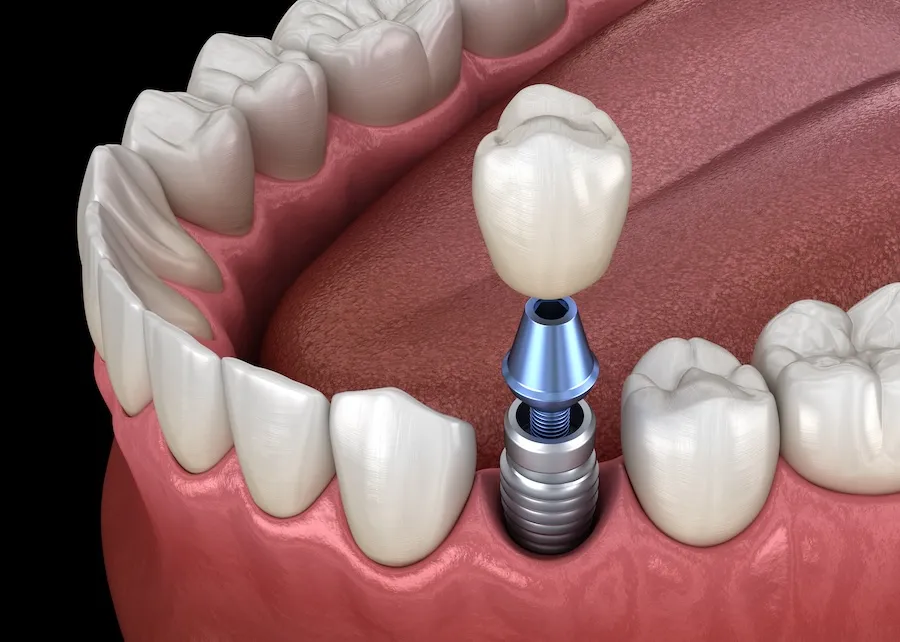Gastroenterologists and Their Approach to Chronic Digestive Diseases
Chronic digestive diseases affect millions of individuals, disrupting daily life and well-being. Gastroenterologists, specialists in managing and diagnosing conditions of the gastrointestinal (GI) tract, play a major role in addressing such ongoing health challenges. Their focused approach combines advanced diagnostic tools, evidence-based treatments, and individualized care strategies to manage conditions like Crohn’s disease, irritable bowel syndrome (IBS), and chronic acid reflux effectively.
Detecting Digestive Disorders
A gastroenterologist uses a variety of advanced diagnostic tools to pinpoint chronic digestive issues accurately. Procedures like colonoscopy, endoscopy, and imaging studies offer a non-invasive or minimally invasive look inside the digestive tract. These methods allow specialists to detect inflammation, ulcers, or abnormal growths. Tests related to stool, blood, and food sensitivity further help in identifying potential triggers or underlying causes. With these diagnostic insights, gastroenterologists can create targeted care plans tailored to the patient’s condition.
Treating Chronic Digestive Disorders
Treatment approaches for chronic digestive diseases focus on symptom management and improving quality of life. Common strategies include:
- Dietary adjustments: Key in managing conditions like IBS or acid reflux.
- Medications: Options such as antacids, biologics, or immunosuppressants to reduce inflammation, discomfort, and specific symptoms.
- Surgical interventions: Considered for severe cases or when medications fail, often involving collaboration between gastroenterologists and surgeons.
These approaches aim to provide relief and better long-term outcomes for those living with chronic digestive conditions. By addressing the root causes and tailoring treatments to individual needs, they offer a more personalized path to healing. This can help improve quality of life and reduce the burden of managing ongoing symptoms.
Supporting Patients With Holistic Care
Gastroenterologists often emphasize a holistic approach when addressing chronic digestive conditions. Beyond focusing on symptoms, they consider the patient’s emotional and mental well-being. Psychological counseling and stress management techniques are frequently recommended to reduce the impact of stress on GI health. Many cases of IBS, Crohn’s disease, and similar conditions respond better when care approaches incorporate relaxation techniques or therapy. This comprehensive care system supports not only physical health but also long-term emotional wellness.
Diet and nutrition also play a valuable role in managing digestive health. Tailored dietary plans, focusing on balanced, nutrient-rich meals, can help alleviate symptoms and improve overall gut function. Gastroenterologists often collaborate with dietitians to customize meal plans suited to each patient’s unique condition so they get the support they need for both immediate relief and sustainable health benefits.
Building Long-Lasting Partnerships
Chronic digestive diseases often require ongoing care and detailed monitoring, making the doctor-patient partnership key for successful outcomes. Gastroenterologists work closely with patients to track symptoms, adjust treatments as necessary, and address emerging challenges. Regular follow-ups and open communication lines create an environment where patients feel supported in their health journeys. Through education and collaboration, gastroenterologists empower patients to manage their conditions proactively.
Gettting Support From a Gastroenterologist
Gastroenterologists blend science, technology, and compassion in their approach to chronic digestive diseases, addressing both physical symptoms and overall quality of life. Their expertise in tools, treatments, and holistic support helps manage complex conditions while fostering a sense of partnership with their patients. Seeking the specialized guidance of these professionals can provide an effective way forward to better gut health.











Post Comment